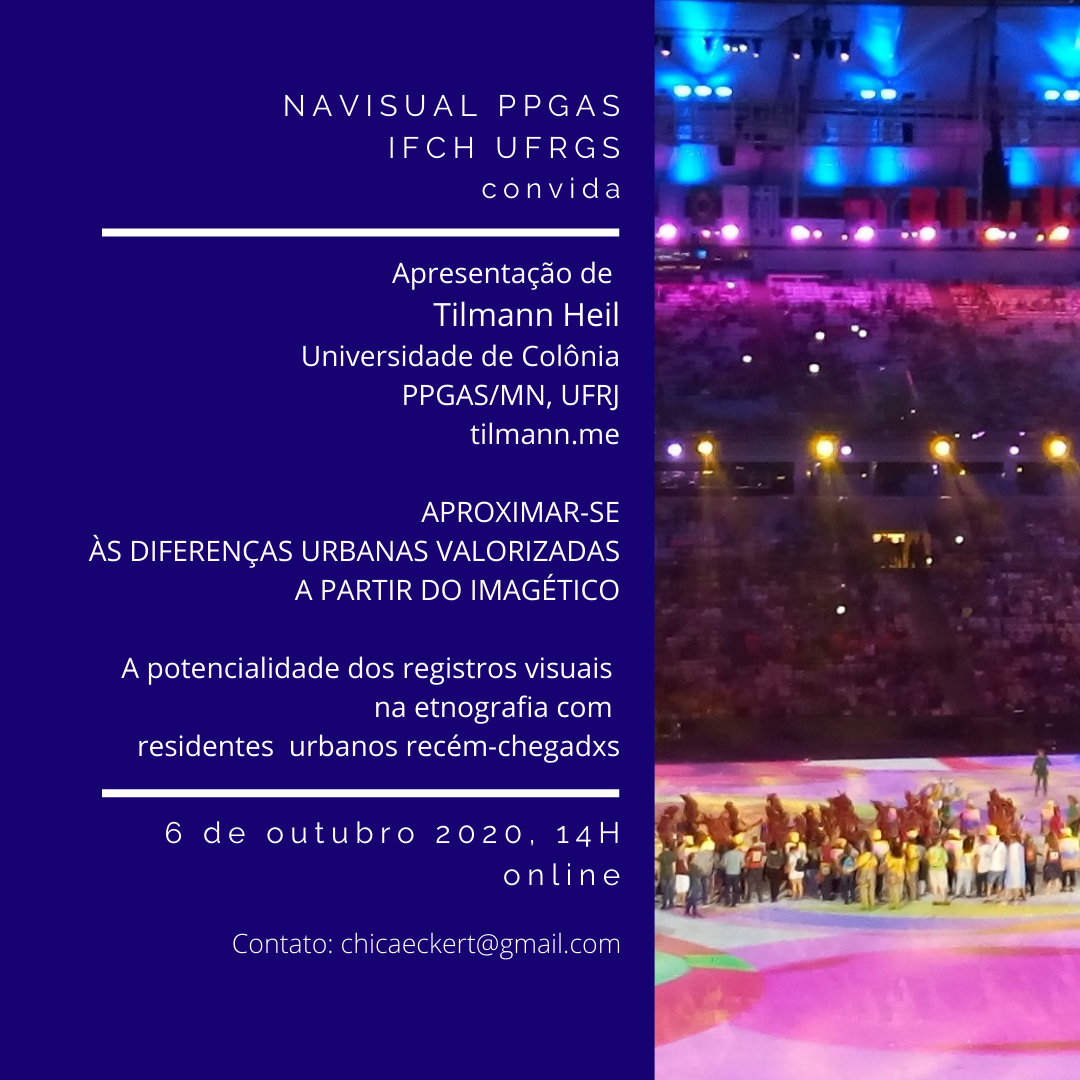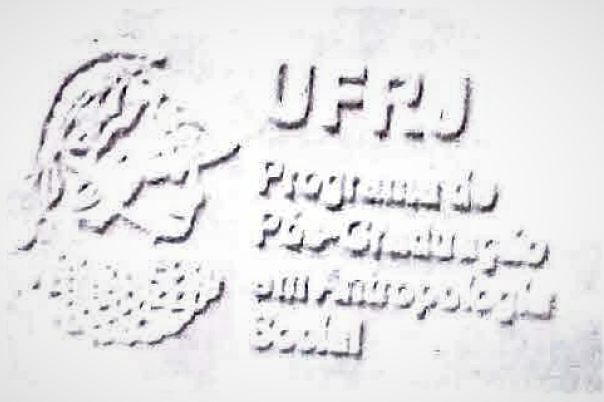It is a pleasure to announce that over the coming years I will be able to work together with the colleagues from the Maria Sibylla Merian International Centre for Advanced Studies in the Humanities and Social Sciences Conviviality-Inequality in Latin America - Mecila - to inquire into the entanglements of inequality and conviviality in Latin American societies.
The Centre is a collaboration between seven research institutions in four countries and two continents
- Instituto de Investigaciones en Humanidades y Ciencias Sociales Research (Institute of the Humanities and Social Sciences, IdIHCS)
- El Colegio de México (The College of Mexico, COLMEX)
- Centro Brasileiro de Análise e Planejamento (Brazilian Centre of Analysis and Planning, CEBRAP)
- Universidade de São Paulo (University of São Paulo, USP)
- Ibero-Amerikanisches Institut (Ibero-American Institute, IAI)
- Freie Universität Berlin (Free University Berlin, FU Berlin), and
- Universität zu Köln (University of Cologne, UzK)


